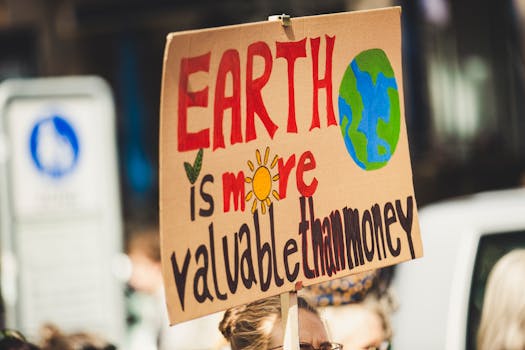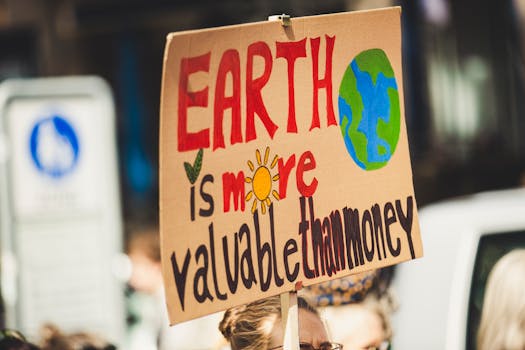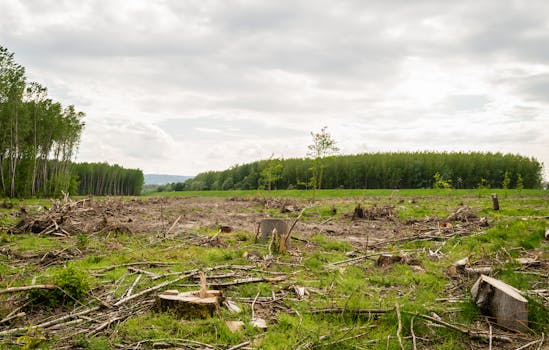
Introduction to Climate Change

Climate change refers to significant changes in global temperatures and weather patterns over time. While climate change is a natural phenomenon, scientific evidence shows that human activities, particularly the burning of fossil fuels, are driving unprecedented changes in the climate.
Impacts of Climate Change

The impacts of climate change are vast and varied, affecting ecosystems, human health, and economies globally. One major impact is the increase in extreme weather events. From hurricanes to droughts, the frequency and intensity of these events are on the rise, leading to devastating consequences for communities and wildlife.
Additionally, climate change has led to rising sea levels, threatening coastal cities and ecosystems. The melting of polar ice caps and glaciers contributes to this rise, resulting in the loss of habitat for species such as polar bears and seals.
Another significant impact is the effect on biodiversity. Many species are struggling to adapt to changing climates, leading to shifts in population dynamics and increased extinction rates. Coral reefs, which support diverse marine life, are particularly vulnerable to temperature increases and ocean acidification.
The Role of Environmental News Coverage

Environmental news coverage plays a critical role in shaping public awareness and understanding of climate change. Journalists and media outlets have the responsibility to report on climate science accurately and comprehensively. Effective environmental reporting can inform the public about the severity of climate issues and motivate action.
However, the media landscape is complex. Some outlets may prioritize sensationalism over factual reporting, which can lead to misinformation. It is crucial for consumers of news to critically evaluate the sources and seek reliable information on climate issues.
Challenges in Reporting

Reporting on climate change presents unique challenges. The science is continually evolving, and journalists must stay updated on the latest research. Furthermore, climate change is often framed as a distant problem, making it difficult for audiences to grasp its immediacy and relevance.
Additionally, environmental stories can be emotionally charged, leading to potential backlash from audiences who may feel overwhelmed or hopeless. It is essential for journalists to strike a balance between conveying the urgency of the issue and providing constructive solutions.
Conclusion

Climate change is one of the most pressing issues of our time, with far-reaching impacts on our planet and its inhabitants. Environmental news coverage is vital in shaping public perception and encouraging action. By promoting accurate reporting and fostering a well-informed audience, we can work towards a more sustainable future.






